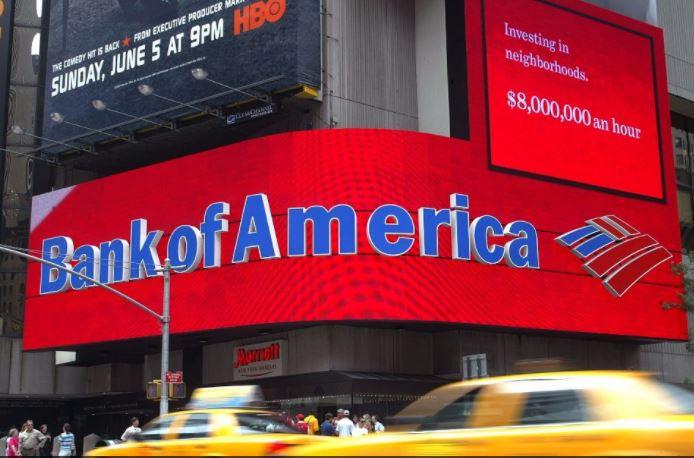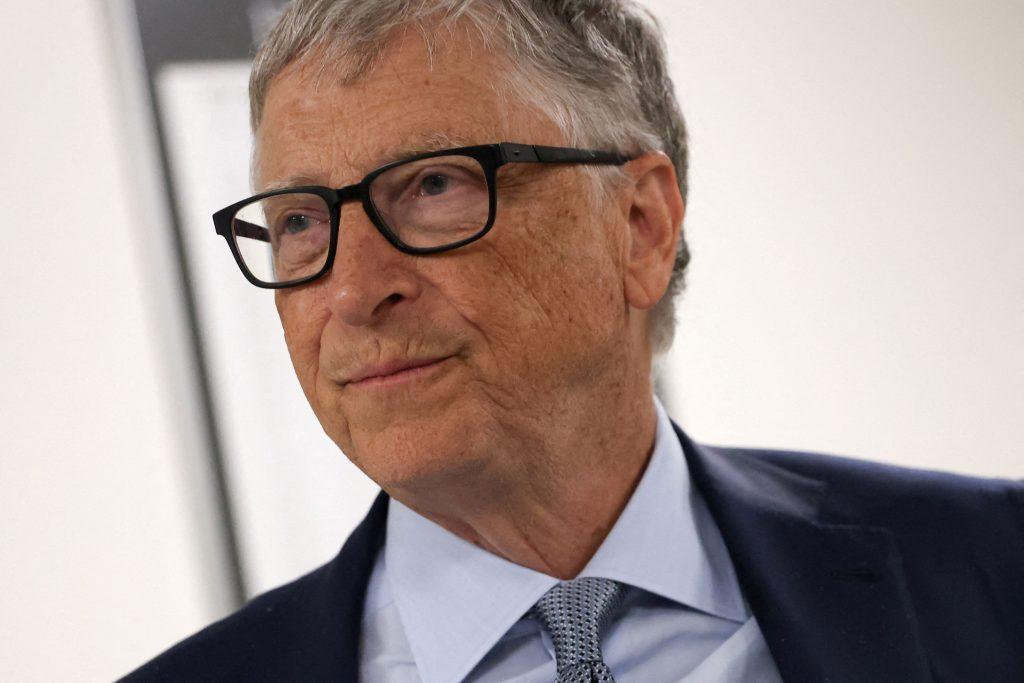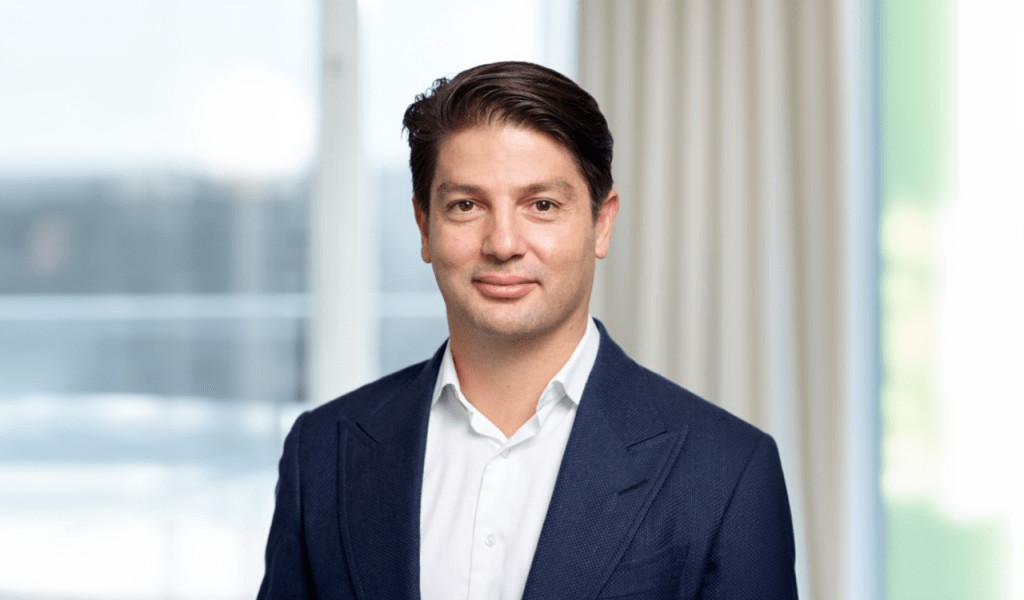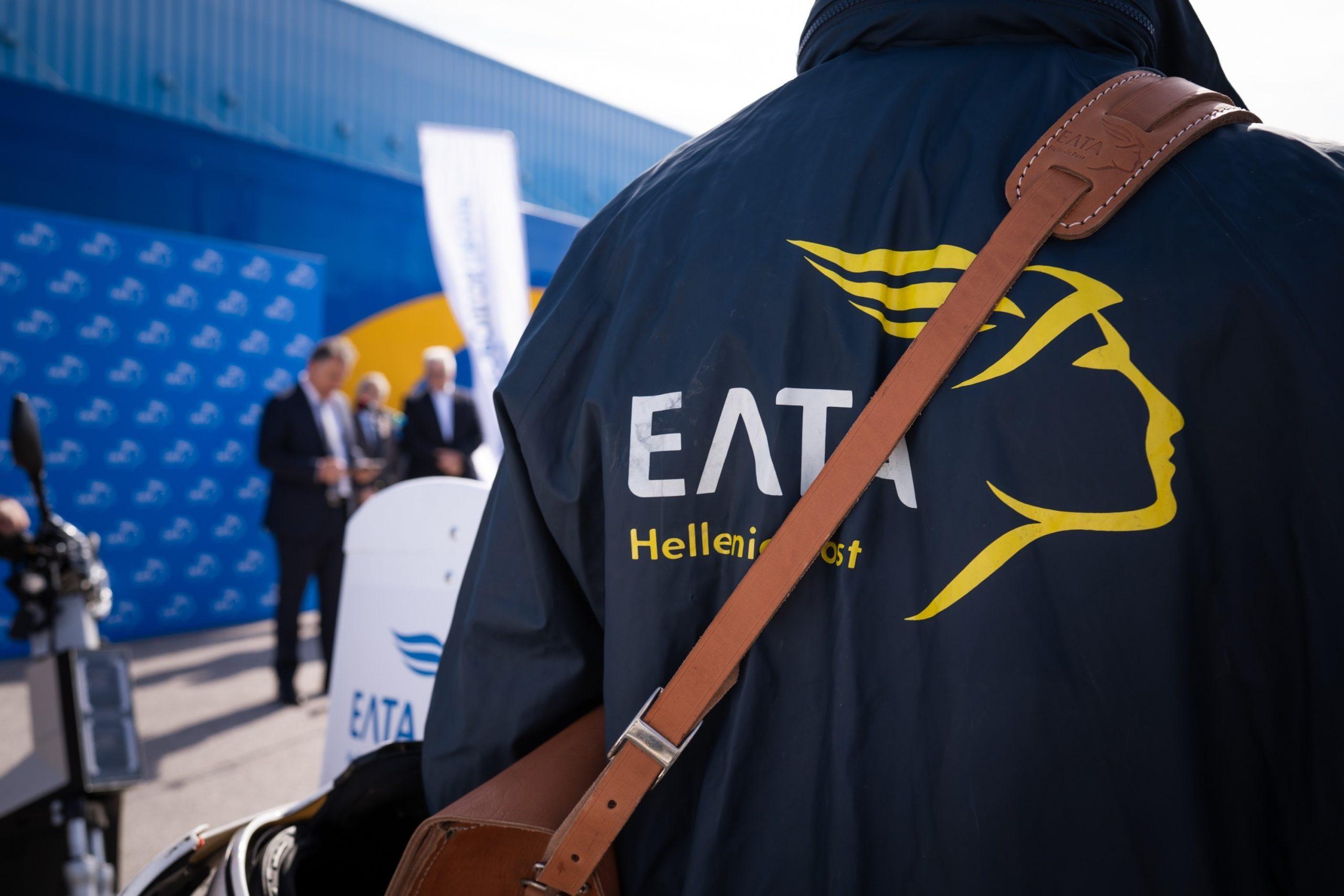The 30th international maritime exhibition Nor Shipping concluded from June 2-6, 2025, at NOVA Spektrum in Lillestrøm, Norway, confirming its reputation as the “Posidonia of Norway.” The leading maritime event in Scandinavia, held every two years in the interim year of the renowned Greek international maritime exhibition “Posidonia,” celebrated 60 years of continuous presence this year.
With more than 50,000 participants from 85 nationalities in the previous edition, the Norwegian event recorded impressive participation figures that make it one of the top maritime events worldwide.
The central theme “#Future-Proof” and the emphasis on sustainability aimed at lower CO2 emissions highlighted the environmental challenges facing the maritime industry. Within a dense program of discussions, forums, and panels, carbon capture, utilization, and storage (CCUS) shared the spotlight with liquefied natural gas (LNG), alternative fuels, and new ship technologies.
Optimism on a Long-term Horizon for Investments in Green Technologies
Within the framework of the Tradewinds Forum, the discussion between Vangelis Marinakis, Founder and Chairman of Capital Maritime & Trading Corp., and the editor-in-chief of the Norwegian maritime newspaper Tradewinds, Julian Bray, was particularly interesting. The dialogue began with an assessment of Mr. Marinakis’ major investments in ships with alternative fuels: “We thought that going forward, when the market had allowed us over the years to realise profits, it is best to reinvest part of this money into new technologies, especially in the dual fuel LNG vessels. It was an extra cost, let’s say, for the dual fuel tankers, the dual-fuel containers and of course we have done some similar features on PSVs with batteries and similar technologies. So we decided to be one of the very first to invest in the CO2 carriers. For every vessel we calculated between, let’s say, 15 to 30 million dollars extra cost. So it’s a significant investment. So far, being honest, we have been extremely disappointed because we don’t see anyone paying”.
Regarding the proposed new IMO regulations for LNG-fueled ships, which would mean additional costs from 2031 onwards, Evangelos Marinakis noted his disappointment, but emphasized that “LNG, dual fuel and LNG vessels are a bet and a bet for which we need to be patient,” adding the assessment that significant premiums are on the horizon.
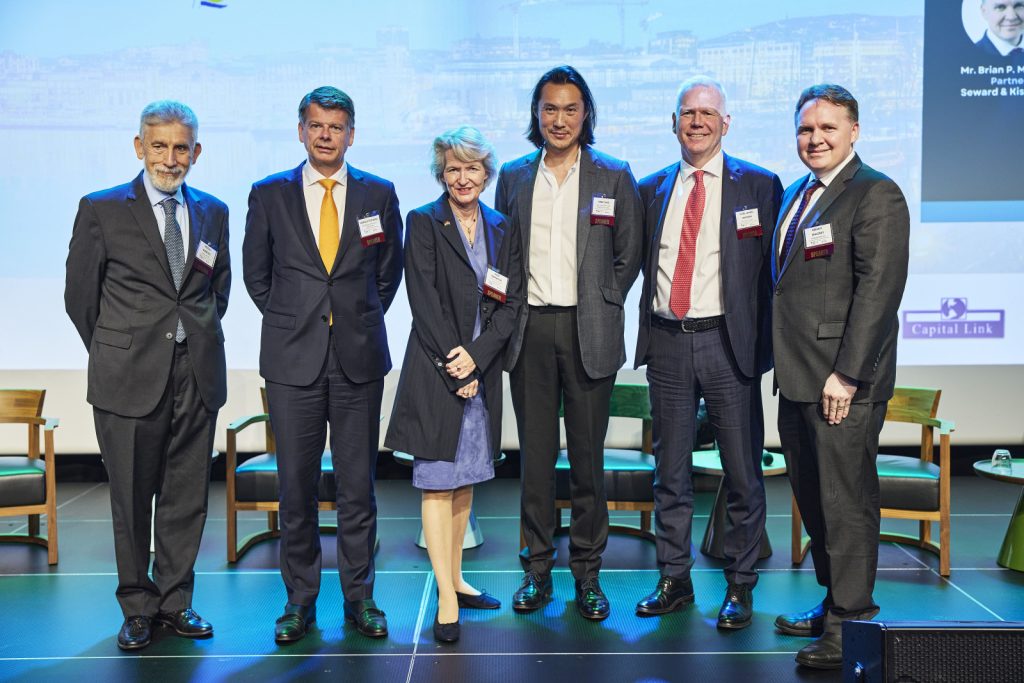
Capital Link Maritime Leaders Forum. Snapshot from the panel on tariffs, geopolitics, and the global supply chain. From left to right: Nicolas Bornozis, President, Capital Link; Harald Fotland, President, Norwegian Shipowners’ Association & CEO, Odfjell; Gaby Bornheim, President, German Shipowners’ Association (VDR) & Managing Director, Peter Döhle Schiffahrts-KG; Hing Chao, Co-Founder & Chairman, Hong Kong Maritime Chamber of Commerce & Executive Chairman, Wah Kwong Maritime Transport Holdings Ltd; Carl-Johan Hagman, Chairman & CEO, NYK Group Europe; Brian P. Maloney, Partner, Seward & Kissel LLP.
Asked whether there is a dilemma between “building” ships in South Korea or China, against the backdrop of various statements by President Trump about Chinese-built ships, the founder and chairman of Capital Maritime & Trading Corp was clear: “We have traditional relationships for many many years with both countries and the shipyards there. My personal opinion is that as far as the tariffs are concerned, it is a matter of time. And when I say it is a matter of time, I think that everything will stabilize within the current year. Of course, there will be tensions, tough negotiations, extra measures, some announcements. But at the end of the day, all this creates opportunities in the market. If you are there, ahead of the competition, you can take advantage and make our business even more exciting.”
“Opportunities Exist”
Regarding diversification in different maritime sectors, Vangelis Marinakis emphasized its advantages: «when you are in the market and you have experience in various sectors, it helps a lot, because in very rare occasions we had all shipping markets not performing or all markets performing . So sometimes we see opportunities in the LNG space, sometimes we see it in containers, sometimes in tankers. So this gives us an extra advantage to try to exploit opportunities. When it is a big company and we can provide, let’s say, a number of ships to our charterers or we can negotiate a number of ships with shipyards, it gives us an extra advantage to get a better price, to get a better charter. For example, from the beginning of the year, everyone is very cautious. All discussions are about tariffs, about embargoes, about all this tension. But we have done over 300 years of time charters. So, at the same time, there are opportunities, there is business there and I can say that we enjoy it also, all this tension”.
Additionally, Evangelos Marinakis emphasized that investment in new ships pays off: “It makes a huge difference even in small ships to have new vessels with much better consumptions: 30%, 40%, 50%, we’re talking about phenomenal differences. I’m very optimistic that a lot of the new ships that are coming will find a home, and for the years to come, they will enjoy good charters and good employment. As far as LNG is concerned, we see that there is a lot of production and licences are expected that have been delayed also in the United States under the previous administration of Mr. Biden. A lot of these licenses were put on hold, and we expect that within the next 12 to 24 months, they will receive approvals to go ahead. The same applies to Australia, to other countries in Africa and elsewhere. And, of course, there is a lot of LNG in Russia and when this war ends in six months, in a year or a year and a half -already it is three years, so it’s a matter of time – then there will be a tremendous need for this LNG to be transported. So, for the years to come, I’m optimistic. The fundamentals are there and I think that we are in the right business to grow more especially with new technology vessels which, even though there has been a delay, will get the premiums that we need in order to make the investment worthwhile.”
Finally, making an overall assessment, Evangelos Marinakis spoke about how he views his overall journey in all sectors: “I’m proud of what I have achieved outside Greece, because our business is very international, it’s global and is the main source of our income. In Greece, the media company is also listed on the Athens Stock Exchange. Football, Olympiakos, is more passion than business. We are not expecting to make money. We are building a very good brand, and it’s a team that is so popular with millions of people. You talk with your heart; you talk about passion, and there is no price on it. So it’s not that it belongs to me, it belongs to everyone”.
Navigating Change
The 2nd Maritime Leaders Summit, co-hosted by Capital Link and DNV, officially opened Nor-Shipping Week in Oslo on June 2, 2025. A highlight of the summit was the keynote session titled “Steering Through Change,” featuring a one-on-one discussion between Mr. Knut Ørbeck-Nilssen, CEO of DNV Maritime, and Mr. Jan Dieleman, President of Cargill Ocean Transportation and Chair of the Global Maritime Forum. The dialogue focused on the impact of tariffs, the future of international trade, and the implications of the dark fleet.
Mr. Dieleman remarked on the challenges posed by the current geopolitical climate:
“Tariffs are nothing new. We have seen tariffs for many, many years. We have seen geopolitical situations for many, many years. The real difference is the speed they are coming at you and the sheer amount of them.” Mr. Dieleman explained that the dark fleet should become smaller over time as some of today’s geopolitical issues are resolved.
He also noted that the fate of the shadow fleet would ultimately be driven by economics rather than politics, stating:
“Some of these ships will come back into the industry. It is the market rates that will determine if these ships are going to get scrapped or not.”
Mr. Ørbeck-Nilssen added important nuance to the discussion, noting the variable quality across the dark fleet:
“You have some high-quality vessels and some really low-quality vessels in that fleet. Let’s hope at least the substandard part of that fleet is taken out by scrapping,” he noted. While recent years have seen a welcome decline in major maritime incidents, he cautioned that the lack of oversight in this parallel fleet could undermine that progress, posing growing safety and operational risks if not properly addressed. “You don’t need to be a rocket scientist to understand that for a parallel fleet that is not subject to the normal safety governance will expose risk to a much larger extent. You have ship-to-ship refueling, you have to avoid certain ports, you cannot do repairs when needed because you’re in the wrong place. The longer this thing is on, the greater the risk” he added.
Debates over reshoring shipbuilding and LNG carrier production further illustrated how cost disparities and policy shifts continue to test the balance between industrial ambition and economic reality.
Norwegian Shipowners’ Association president and Odfjell chief executive Harald Fotland said the measures addressed the issue of depending too much on a single country to build ships.
“We agree that we have to address that, and I think many, if not all of us, disagree on how to handle that problem,” Mr. Fotland noted, adding that car carriers were hit particularly hard, with a $150 per ceu fee across the entire fleet. Container ships are also expected to face a significant impact from the measures, while tankers and bulkers will feel it less.
The Trump administration’s latest fees have created a plethora of reactions all over the industry. Many remain worried about the impact of these fees, whereas others, like Peter Dohle Schiffahrts, have continued to invest in Chinese-built vessels. Dr. Gaby Bornheim, Managing Director of Peter Döhle Schiffahrts-KG and President of the German Shipowners’ Association said: “I can tell you the company that pays me, Peter Dohle, that we have ordered vessels in China last year, and we did it again this year, against my advice. I’m only the legal eagle within. We even did Chinese leasing for the first time — quite an experience. We will be facing these difficulties, but we have to find a way around and we have to work around the situation.” Dr. Bornheim, said that a decision like this shows there is an acknowledgement of the pricing power of China.
Marie-Caroline Laurent, group senior vice president, head of government affairs and maritime policy at MSC stated at the Tradewinds Shipowners Forum that US port fees would not be an obstacle to ordering more ships in China. “We will need new vessels with the energy transition. Those ships today are built to a large extent in China. They have the competence, they have the capability, and this is where today we will still continue building our vessels,” she emphasized.
At the Tradewinds Shipowners Forum, both Gard CEO Rolf Thore Roppestad and Frontline head Lars Barstad stated that the continued and increased presence of the shadow fleet and the abundance of Russian oil buyers in non-Western countries mean that the measures by the US, UK, and European Union against Russian oil trade have failed.
The Transition to Cleaner Energy
Former US Secretary of State John Kerry stated during his keynote address at the Ocean Leadership Conference that the transition to cleaner energy is underway, guided by fundamental factors, and only the pace of transition is threatened.
“Shipping has an opportunity here, folks. Norway has an opportunity to lead, to help the world embrace the full measure of possibilities in this transition,” Kerry said, adding that “it can set an example for the rest of the world to follow”.
At the Ocean Leadership Conference, Andrew Forrest, founder of Fortescue Metals, also spoke, addressing the green transition of shipping with a call for the immediate transition of shipping to green energy by 2030.
Within the framework of the Nor-Shipping 2025 events in Oslo, Idan Ofer, Head of Eastern Pacific Shipping and CoolCo, reiterated his strategic commitment to LNG investments, despite today’s challenge of oversupply in the market. Ofer emphasized his preference for LNG and ammonia as realistic transition fuels. He also referred to the collaboration with MSC for building LNG bunkering vessels, strengthening his presence in this developing sector.
The New Era of Carbon Shipping
Clarksons organized a seminar focusing on LCO₂ (liquefied carbon dioxide) shipping. The event brought together key players from across the carbon capture, utilization, and storage (CCUS) value chain, including shipowners, CCS development projects, technology providers, and industrial emitters.
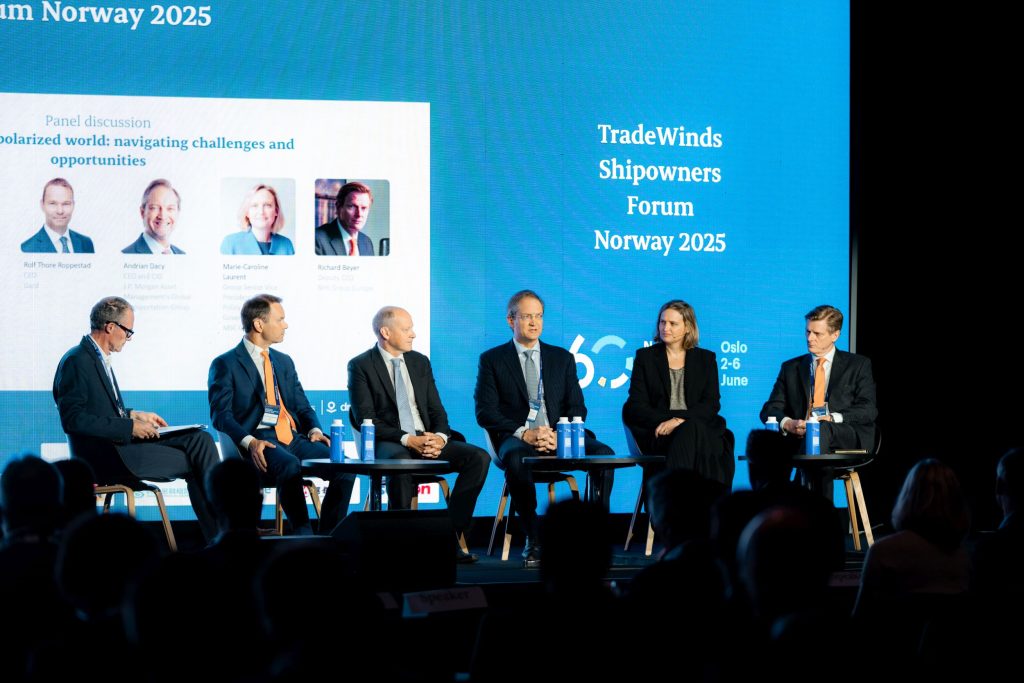
TradeWinds Shipowners Forum. Snapshot from the discussion on the green transition, investments, and challenges for the shipping industry. From left to right: Julian Bray, Editor-in-Chief, TradeWinds (Moderator); Andrian Dacy, CEO and CIO, J.P. Morgan Asset Management, Global Transportation Group; Rolf Thore Roppestad, CEO, Gard; Sveinung Oftedal, Principal Negotiator for Green Shipping, Norwegian Ministry of Climate and Environment; Marie-Caroline Laurent, Group Senior Vice President, Maritime Policy & Government Affairs, MSC Group; Richard Beyer, Executive Vice President and Chief Operating Officer, NYK Group Europe.
Among the speakers was Jerry Kalogiratos, CEO of Capital Clean Energy Carriers, who spoke about the urgent need to develop CCS infrastructure efficiently. He emphasized the importance of economically viable transport solutions, highlighting low-pressure LCO₂ technology as a decisive factor for the wide-scale application of carbon capture, utilization, and storage (CCS). At the same time, the world’s first LCO₂ carrier was being fueled with gas to load its maiden cargo for the pioneering Northern Lights CCS project. A symbolic moment, marking the beginning of a new era in carbon transport and storage.
Clarksons also presented a timely market update, highlighting the rapid acceleration in the CCS sector in both Asia and Europe. It emphasized the significant increase in activity over the past six months. A key point was the recent decision by the European Commission, which recognized 44 oil and gas companies that, according to the Net-Zero Industry Act (NZIA), will be required to capture and store 50 million tons of CO₂ annually by 2030. This regulatory milestone is expected to serve as a strong lever for investment and innovation across the entire CCS value chain.
Source: tovima.com
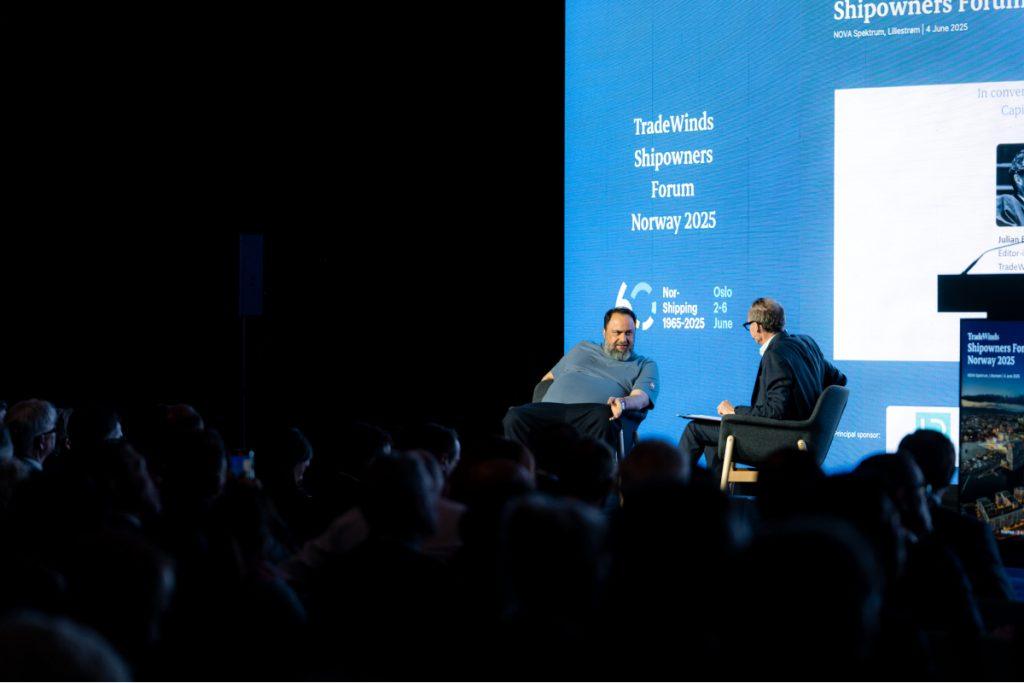
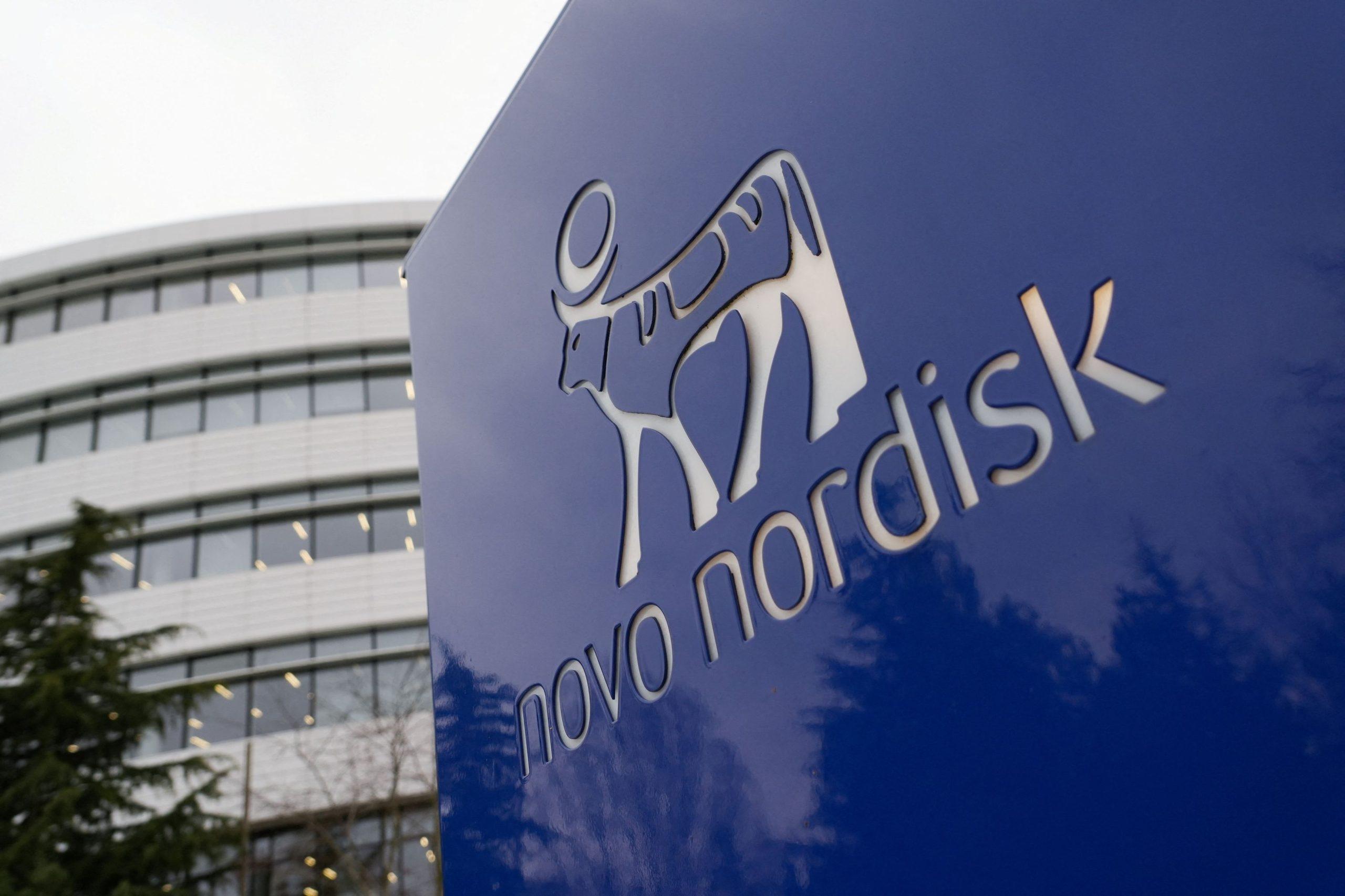
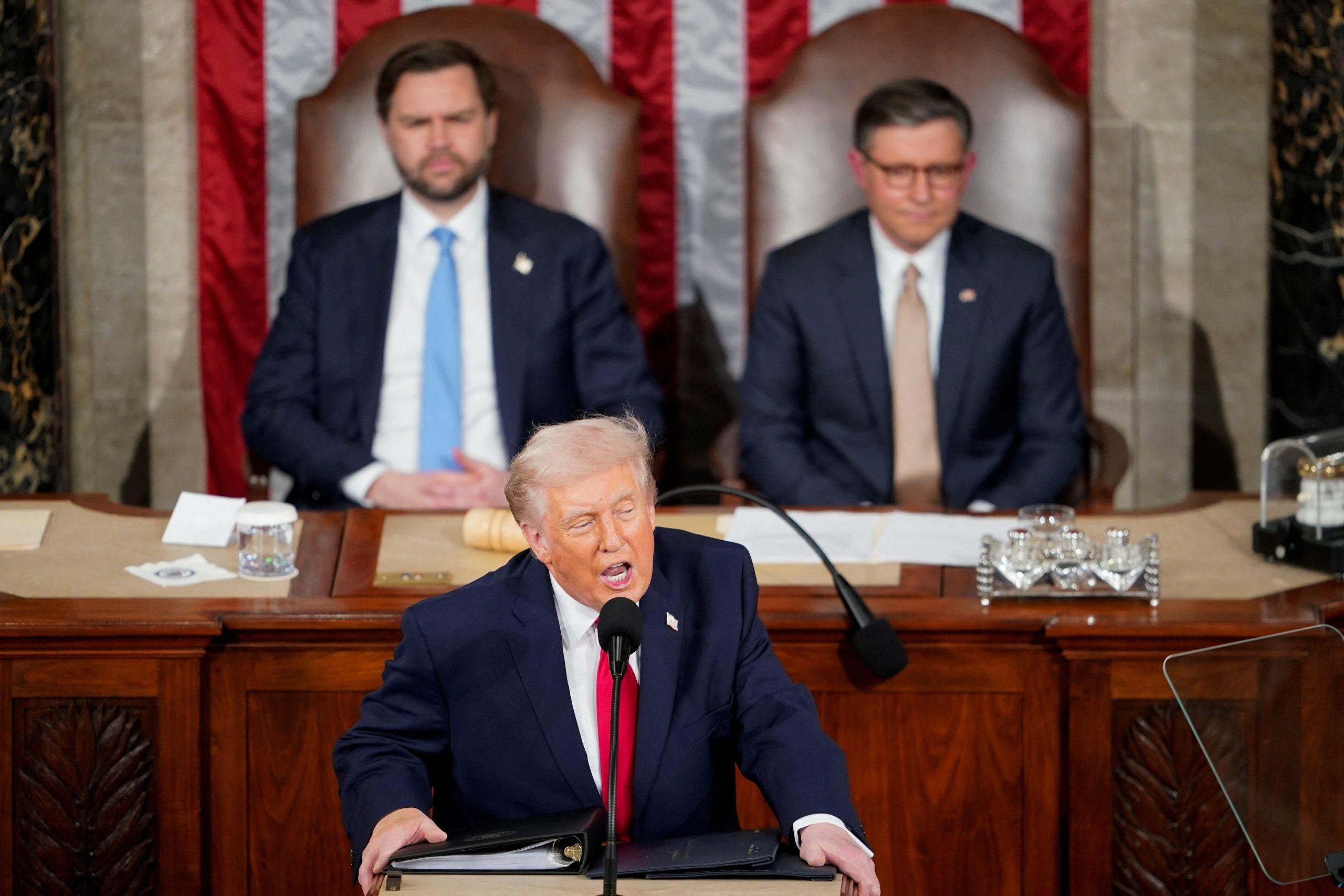
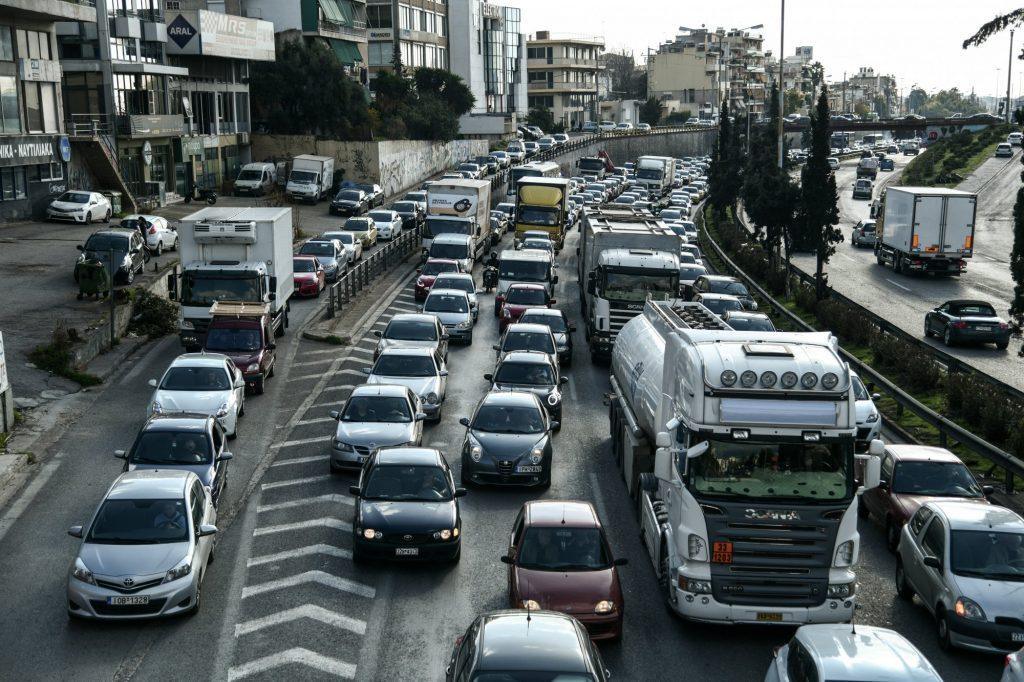

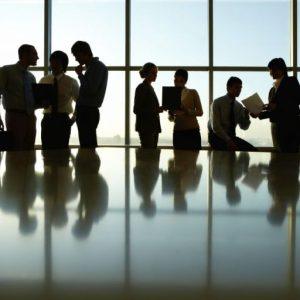
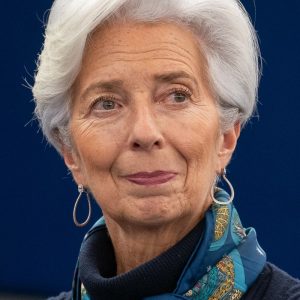
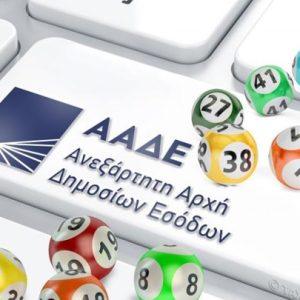
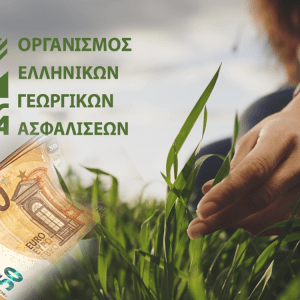
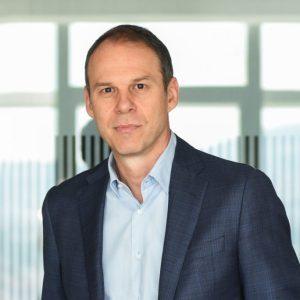
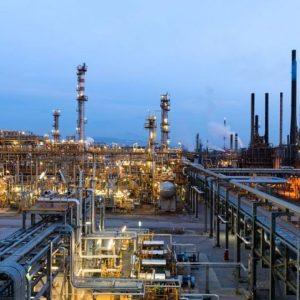
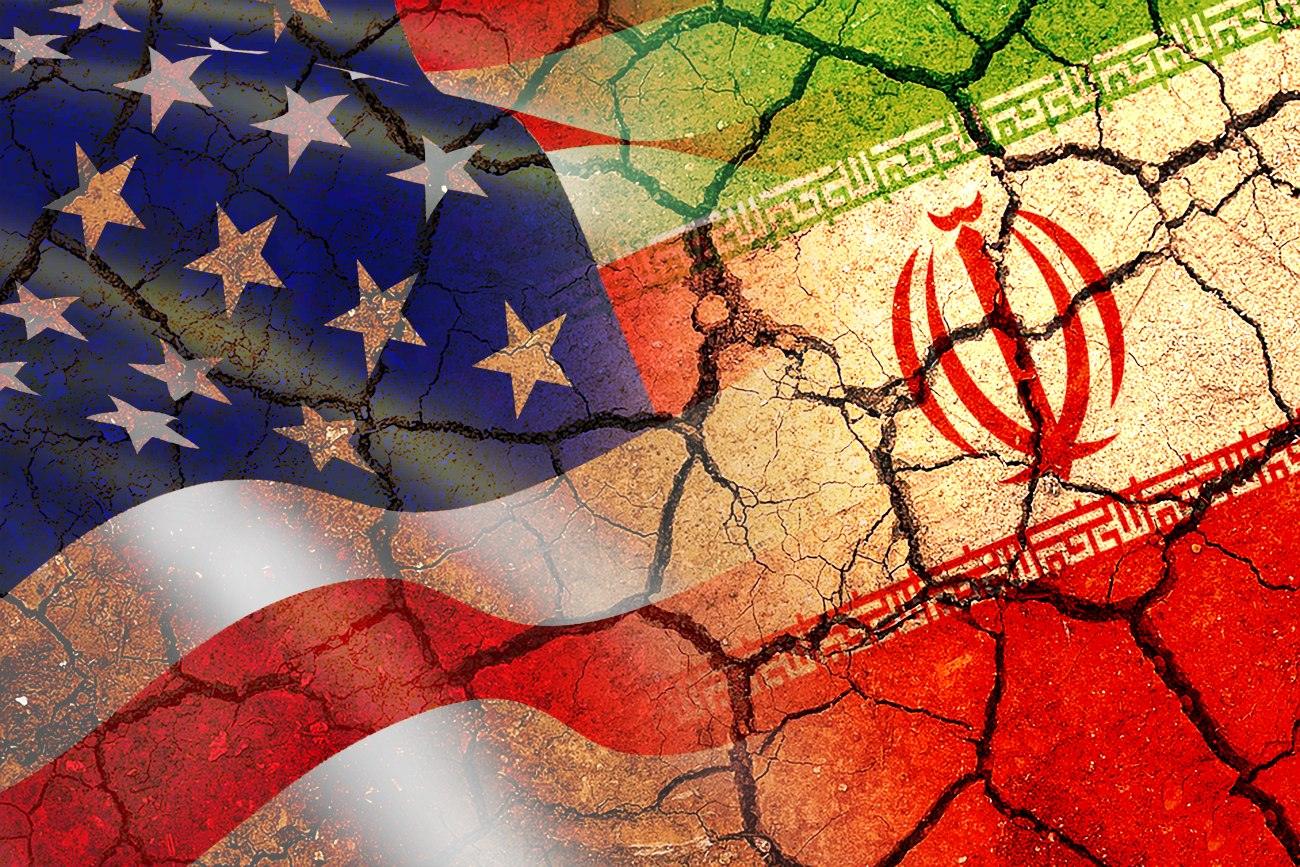
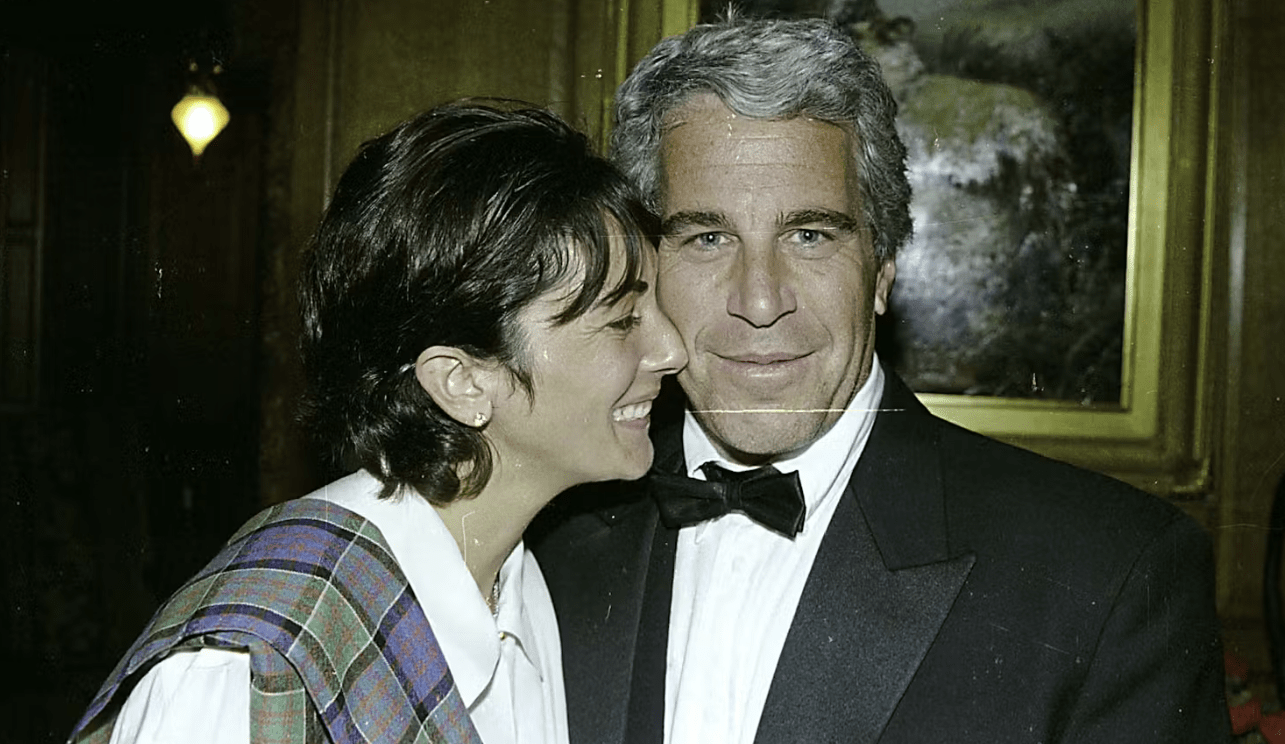

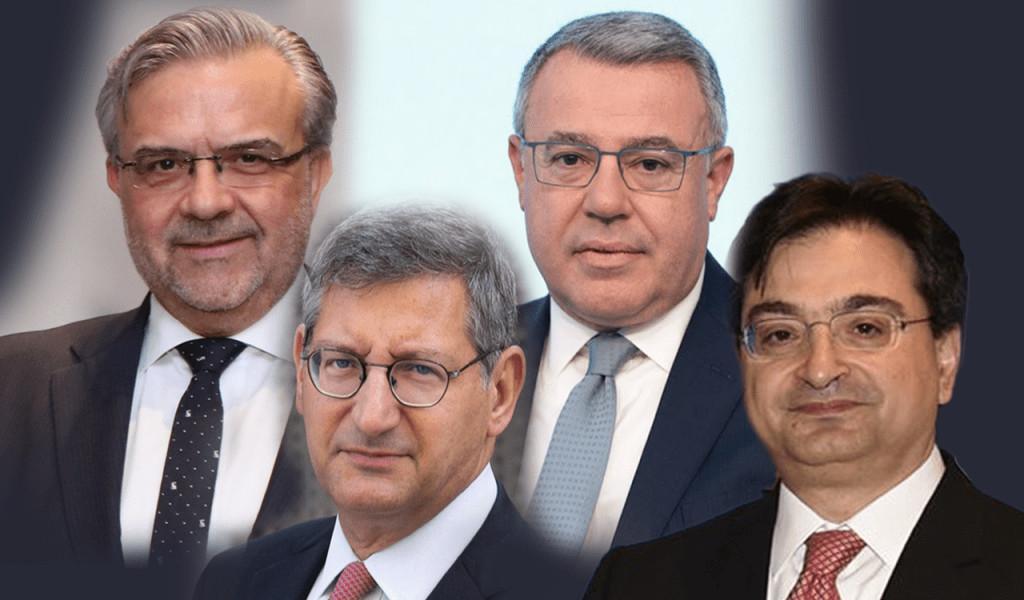

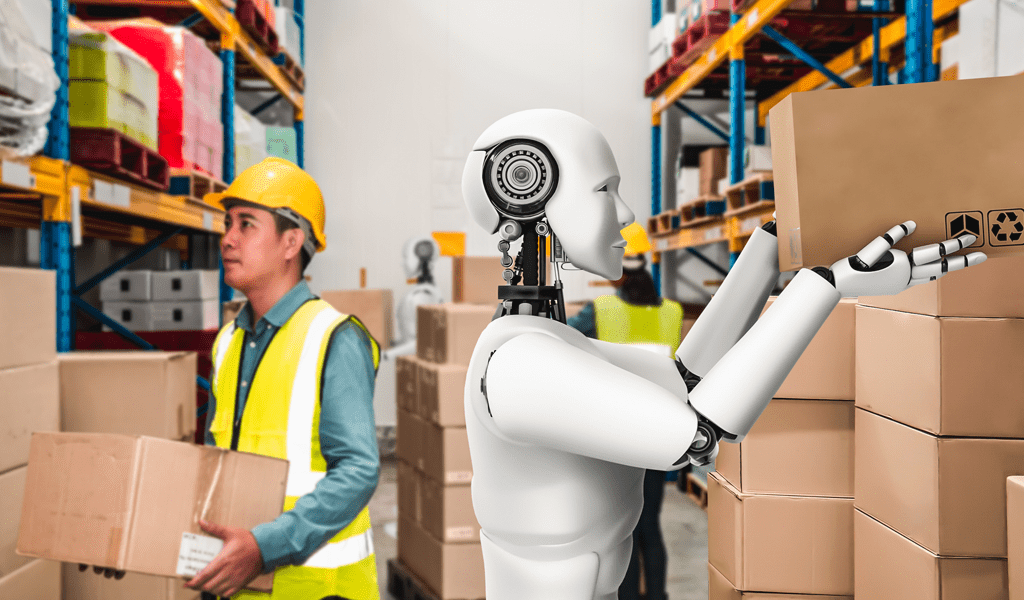

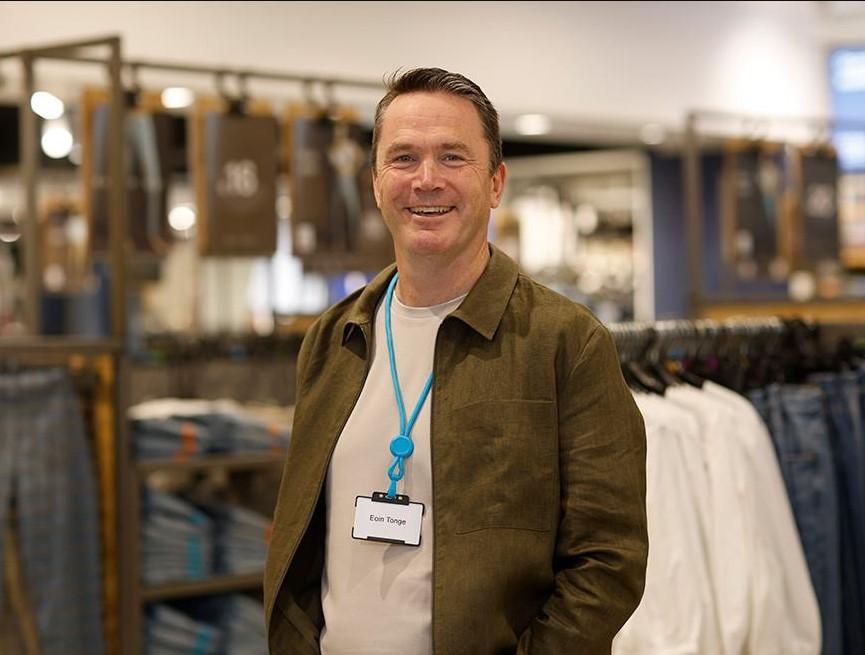

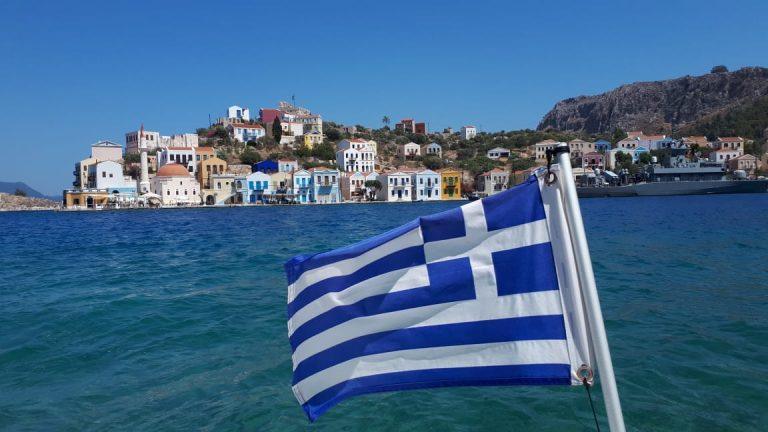
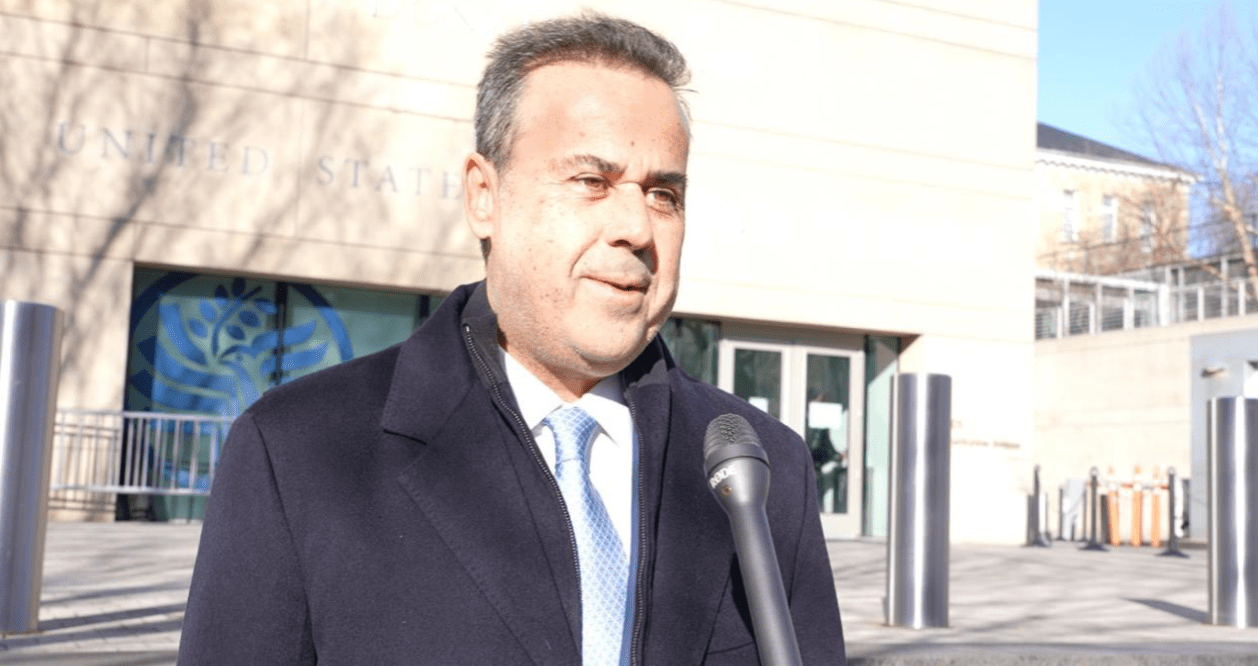
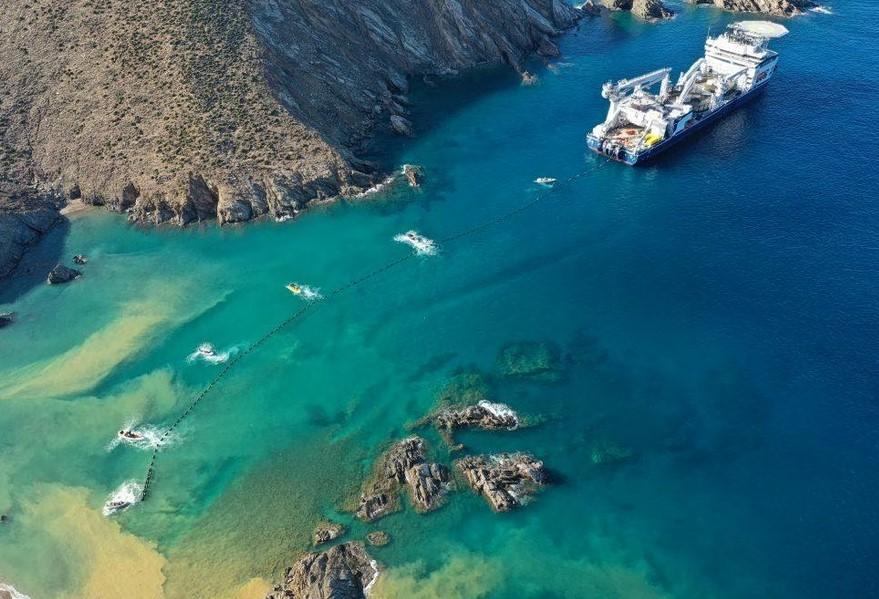
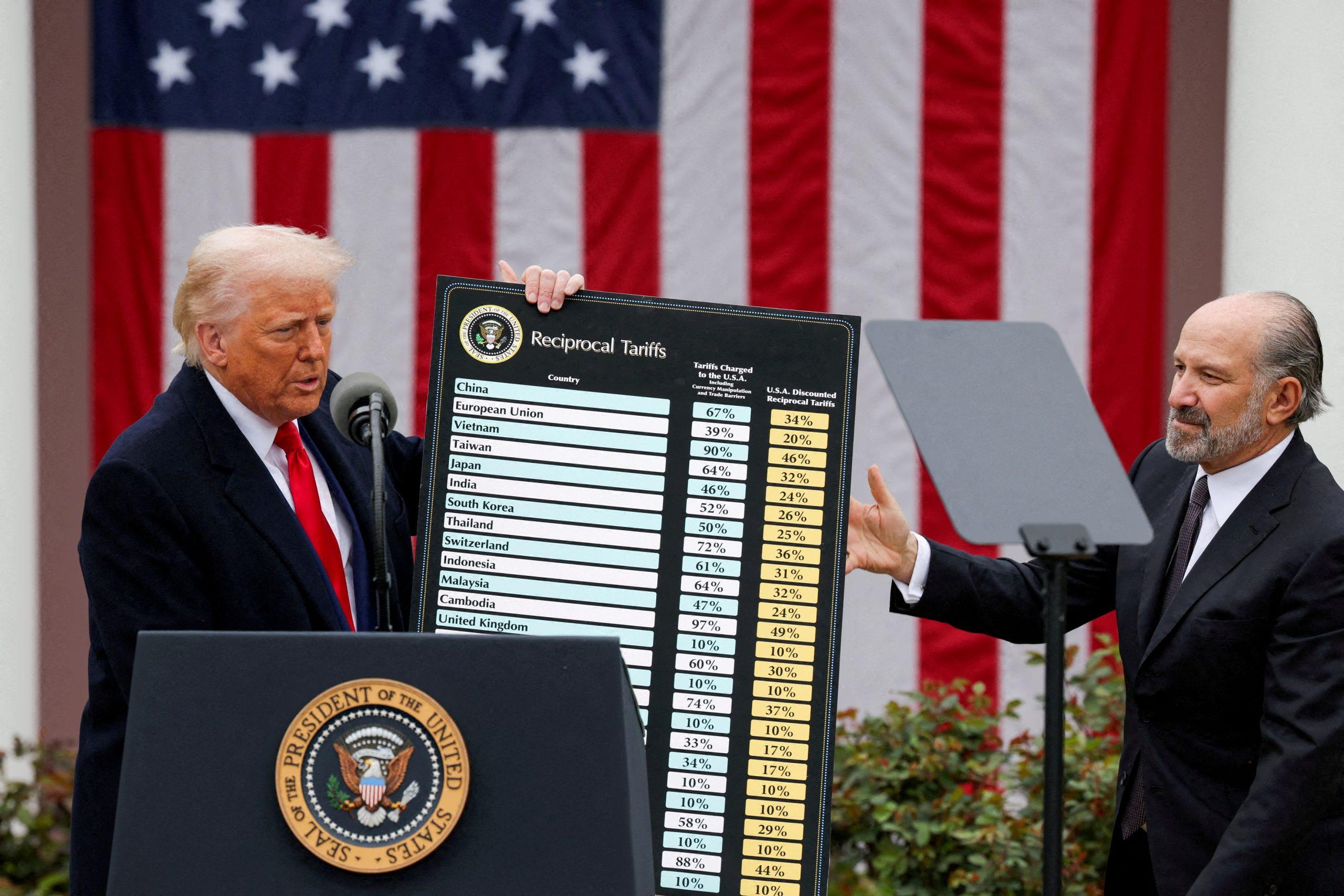
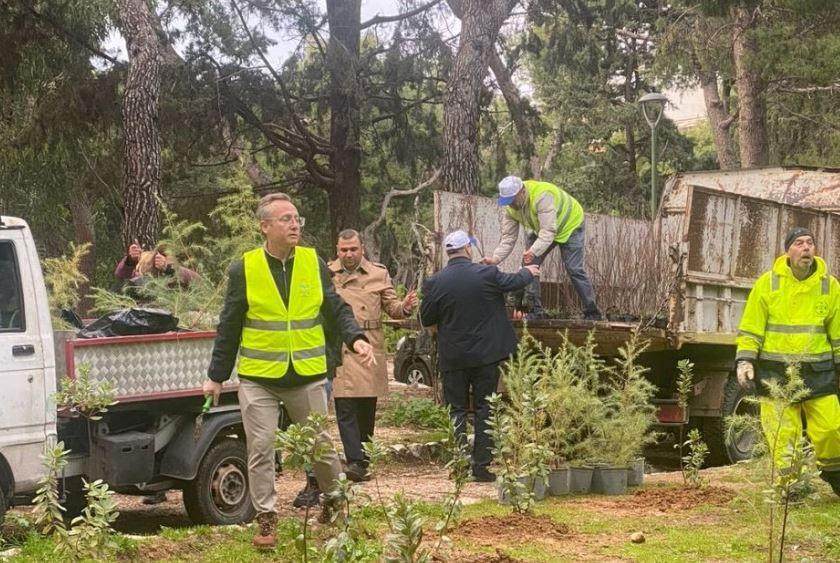
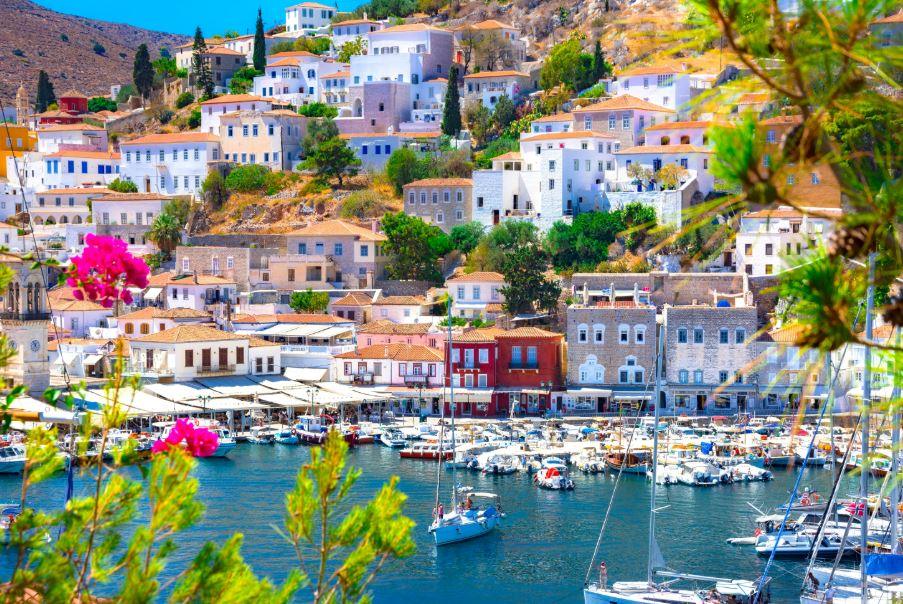
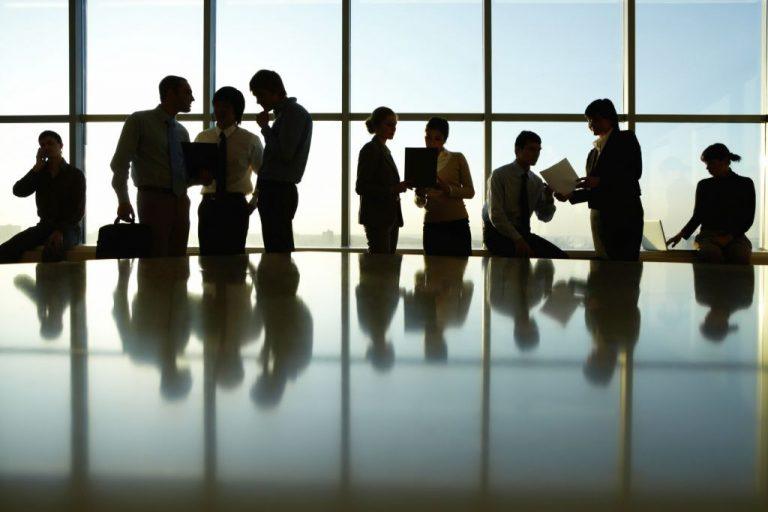
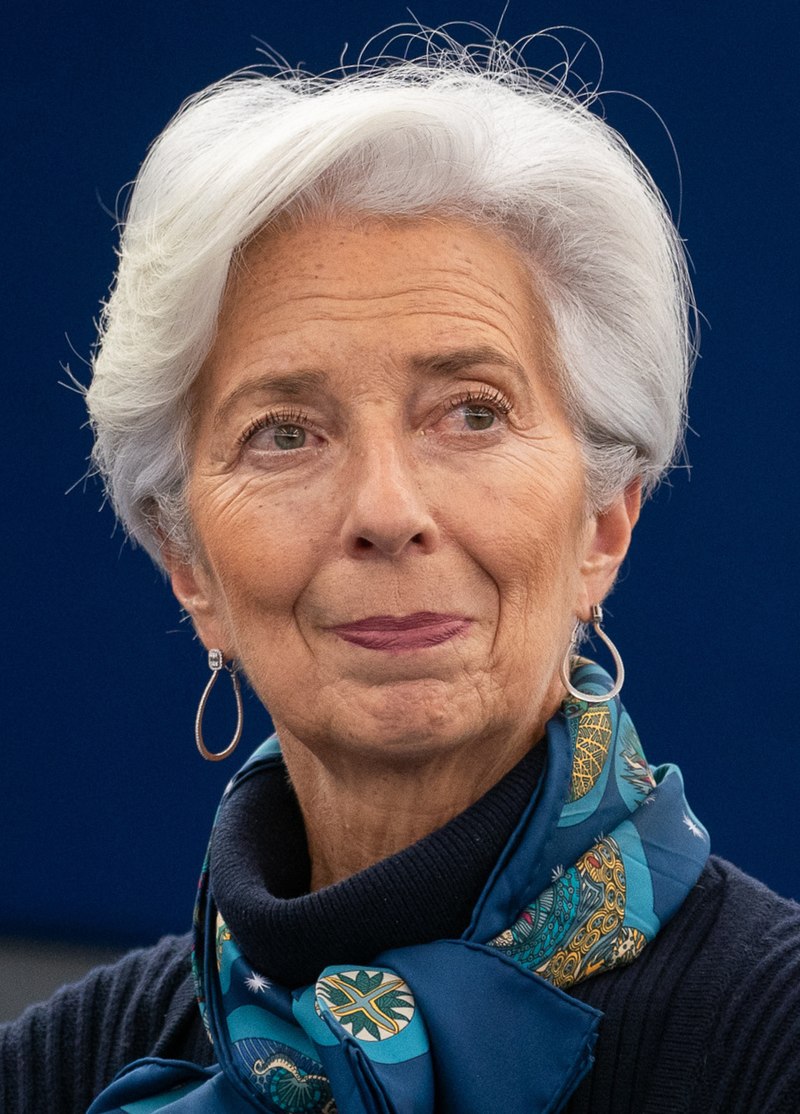
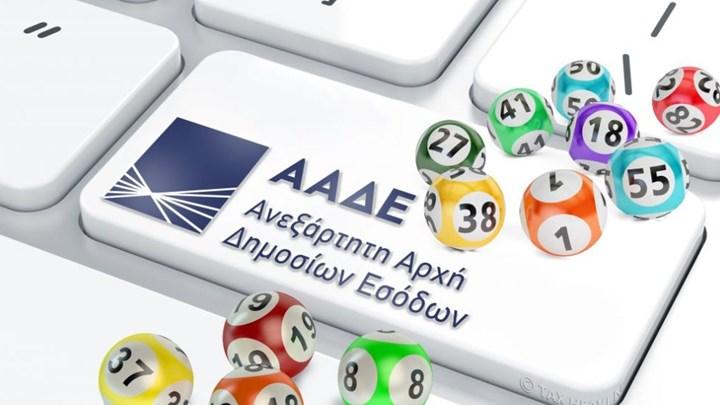
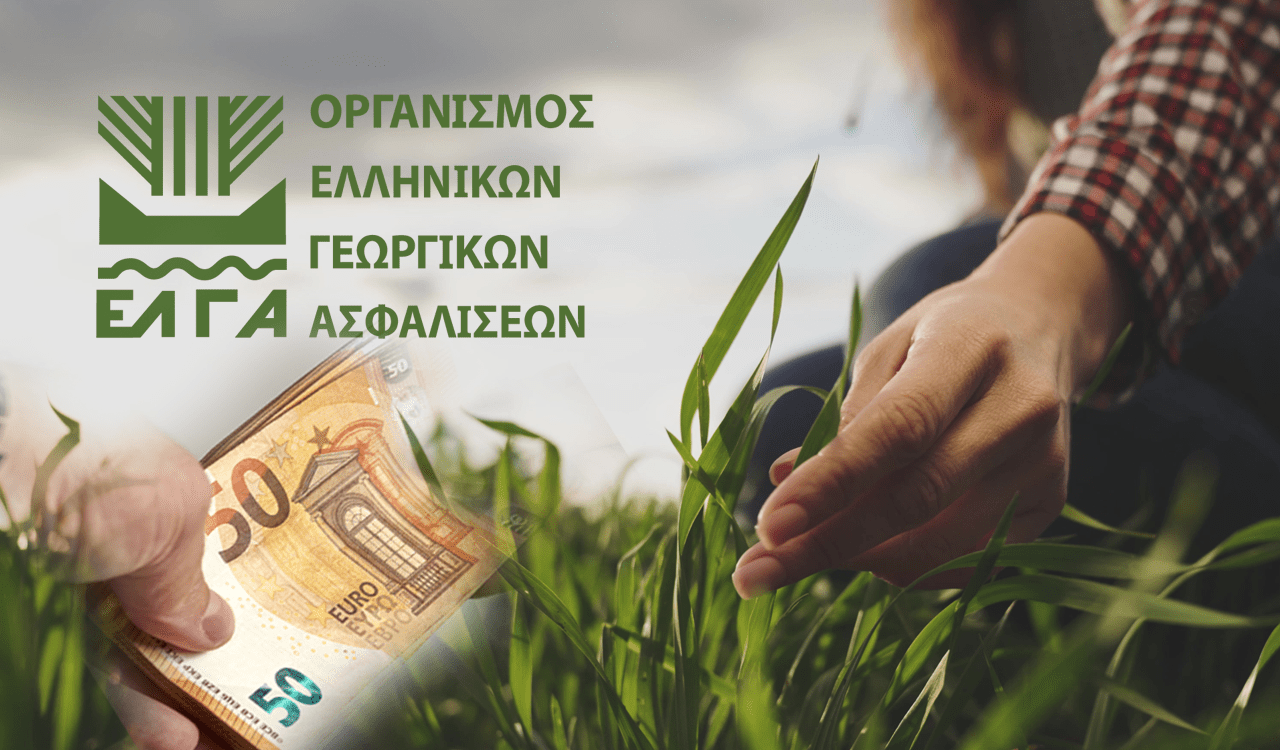
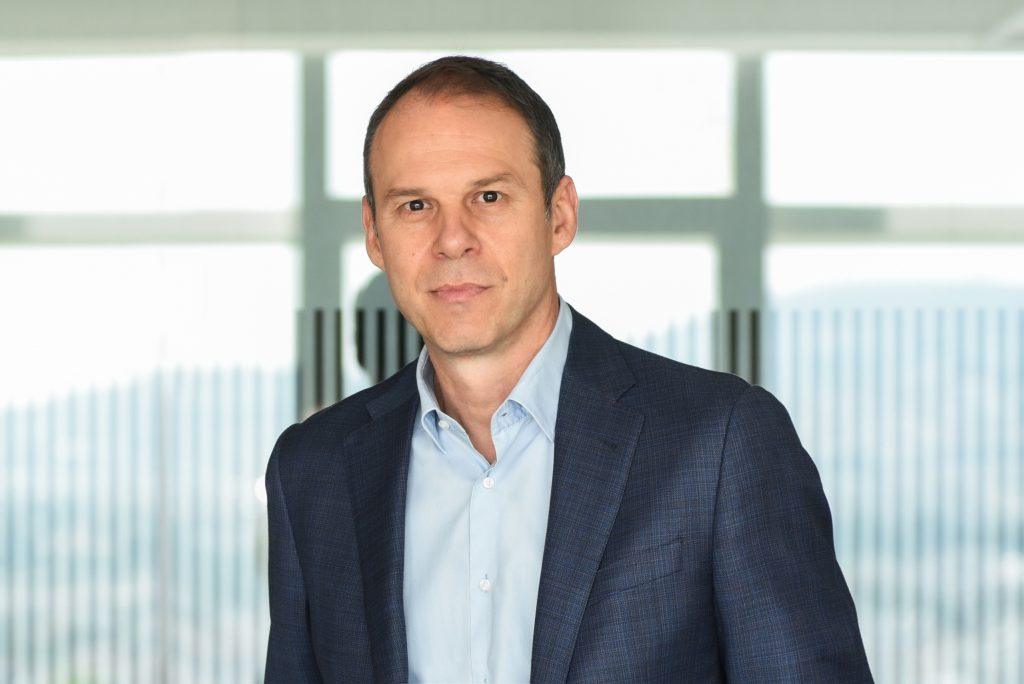
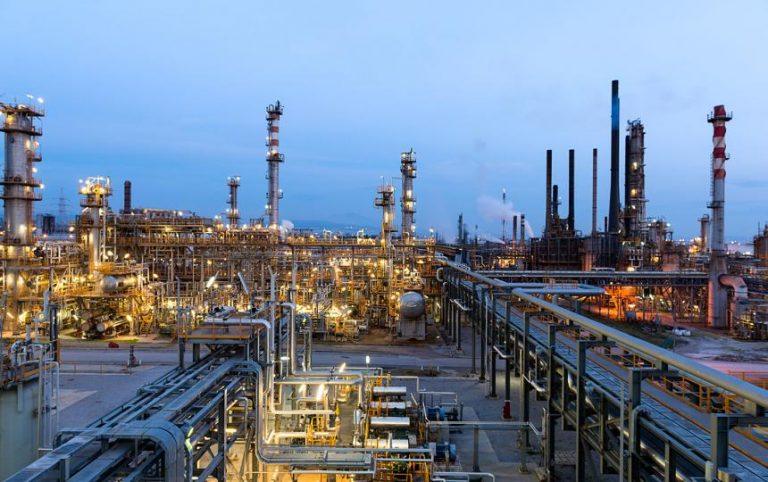
![Ακίνητα: Σε ποια εξοχικά στρέφονται οι επενδυτές [ πίνακας]](https://www.ot.gr/wp-content/uploads/2026/02/property-scaled.jpg)
